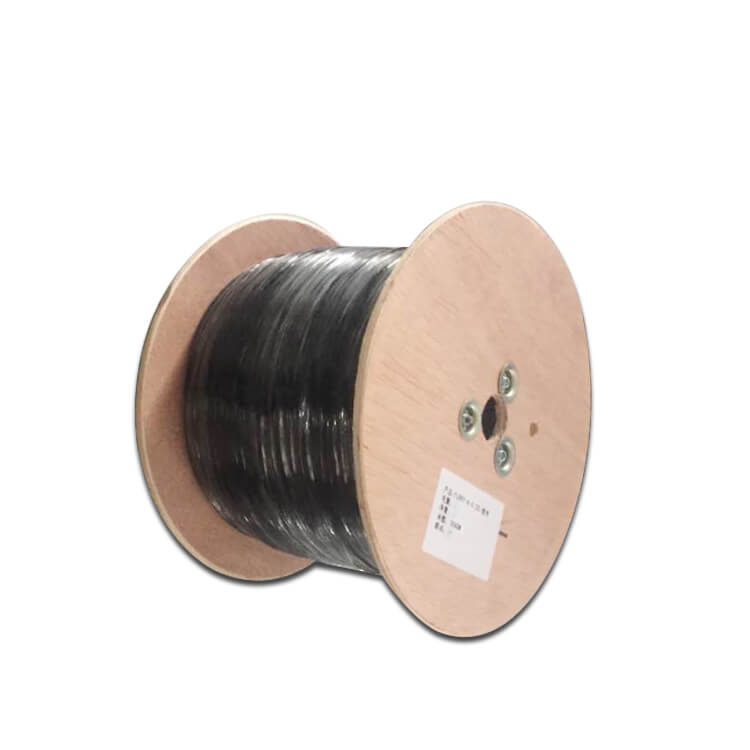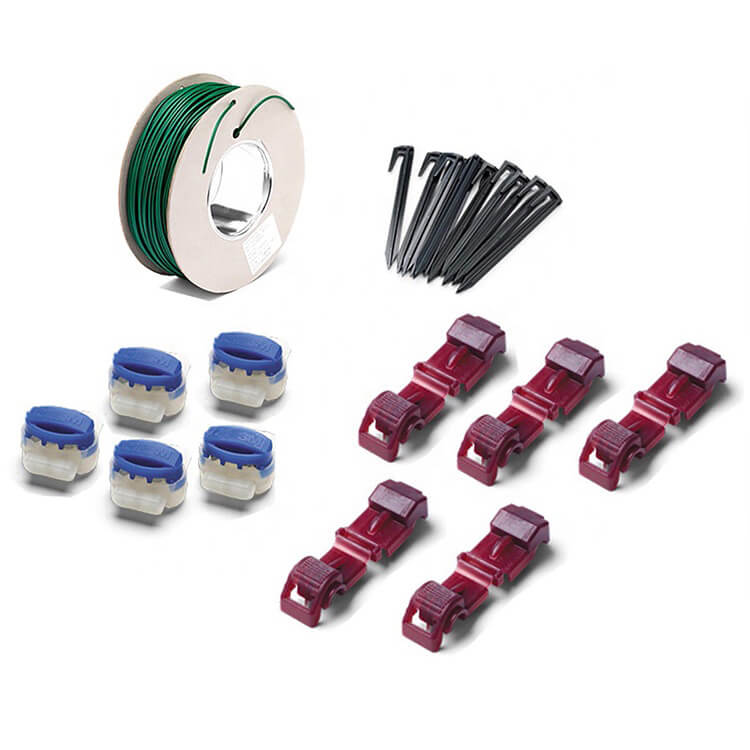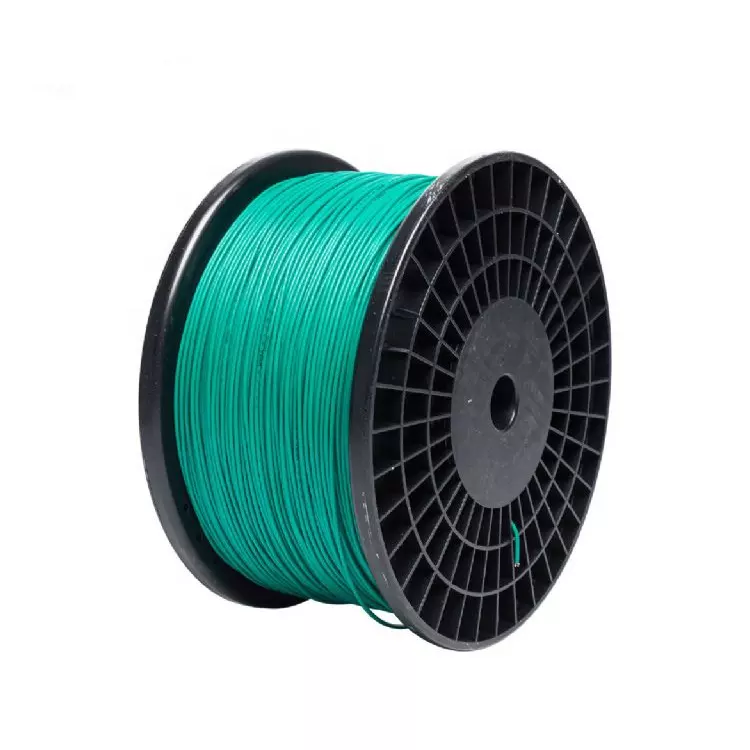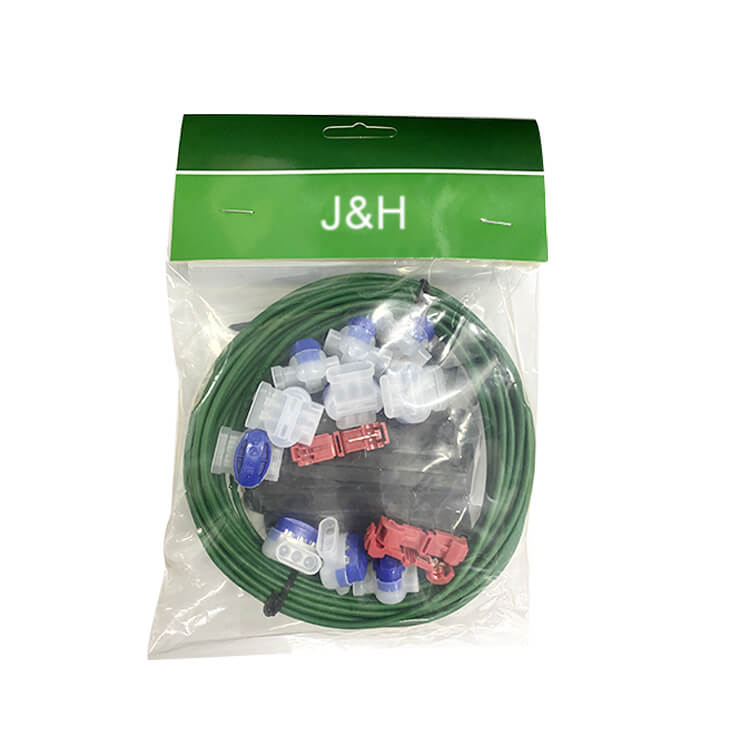Teflon cables, specifically those using Polytetrafluoroethylene (PTFE), are indeed known for their exceptional performance in high-temperature and harsh industrial environments. Teflon is a synthetic fluoropolymer of tetrafluoroethylene, and it exhibits remarkable thermal stability, chemical resistance, and electrical insulation properties. Here are some reasons why Teflon cables are considered advantageous in high-temperature industrial applications:
High Temperature Resistance: Teflon has a high melting point and can withstand temperatures well above those tolerated by many other cable materials. This makes Teflon cables suitable for applications where exposure to extreme heat is a concern.
Chemical Resistance: Teflon is highly resistant to various chemicals, acids, and solvents. This property is crucial in industrial settings where cables may come into contact with corrosive substances.
Electrical Insulation: Teflon provides excellent electrical insulation properties. It is often used in applications where maintaining a stable electrical signal is crucial, and it can withstand high voltages without degrading.
Low Friction: Teflon has a low coefficient of friction, making it resistant to sticking and easy to clean. This can be advantageous in certain industrial applications where cables may need to move or be subjected to mechanical stress.
Flexibility and Durability: Despite its high-temperature resistance, Teflon remains flexible and durable. This flexibility is essential for applications where the cables need to bend or move.
Non-Flammable: Teflon is known for its non-flammable properties, which is a critical safety feature in industrial settings, especially where there is a risk of fire.
Long Service Life: Teflon cables often have a long service life due to their robust nature and resistance to degradation under harsh conditions.
While Teflon cables offer significant advantages, the choice of cable for a specific application depends on various factors, including the temperature range, chemical exposure, mechanical stress, and budget constraints.
In summary, Teflon cables, with their unique combination of high-temperature resistance, chemical resistance, and electrical insulation properties, can be considered a game-changer for certain high-temperature industrial applications.

 ENGLISH
ENGLISH 简体中文
简体中文 GERMAN
GERMAN SPAIN
SPAIN
 +86 181-5747-1135
+86 181-5747-1135







 Abroad:+86 181 5747 1135
Abroad:+86 181 5747 1135 FAX: +86 574 8900 7636
FAX: +86 574 8900 7636 E-mail:
E-mail: 

 read the map
read the map

